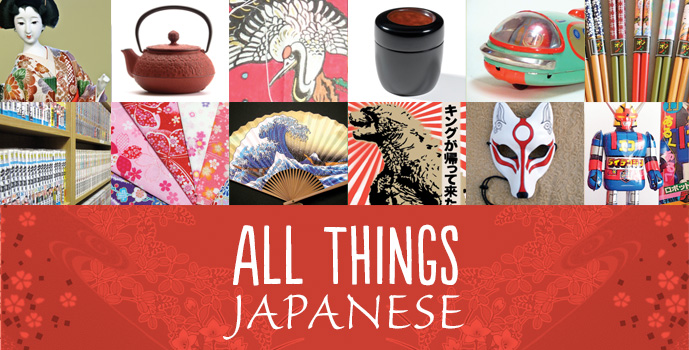Temple Reopening: Public Open House

www.calgary-buddhist.ab.ca

The temple rennovations are complete (almost). The first service will be next week (August 9) with a public open house to be held on Saturday, August 22 from 1 to 4 PM. A members grand opening will be held in conjunction with our Obon service on August 30 starting at 3PM. Thank you for your generous support. Click here to view the current totals.
Join us for Obon, a Service to remember where we all come from: our ancestors and ancestral homes.
3pm at the new Temple – same location, new building!
Cemetary Services in the morning:
Strathmore Cemetery—9:00 am
Mountain View Cemetery—9:45 am
Burnsland Cemetery—10:30 am
Eden Brook Cemetery—11:00 am
Queens Park Cemetery—1:00 pm

Clean out your cupboards, your closet, your basements – we need your gently used or new
Japanese items. We are looking for items such as Japanese dishes, art, ornaments, collectibles, dolls,
and clothing (e.g., yukata, obi, hapi, kimono) – whatever you may have.
This is a major fundraising event for the Calgary Buddhist Temple with all money raised going to
the building fund. Look for our sale table at the CJCA Omatsuri on August 15.
Please contact us, and we will pick up. Donations gratefully received before July 18th.
Laura Sugimoto
t: 403-278-2861
e: laura.sugimoto@telus.net
Mickey Ikuta
t: 403-271-8824
e: mhikuta@hotmail.com
Happy Spring! Despite some unforeseen delays, the temple is on it’s way to completion and we hope to be moved in by June. We will be posting an update on this website soon. Thank you for your generous support. Click here to view the current total.
The Capital Campaign has been updated up to the end of February. We are now roughly 65% of the way to our goal of raising one million dollars. Thanks to everyone for their generous support. Click here to view the current total.